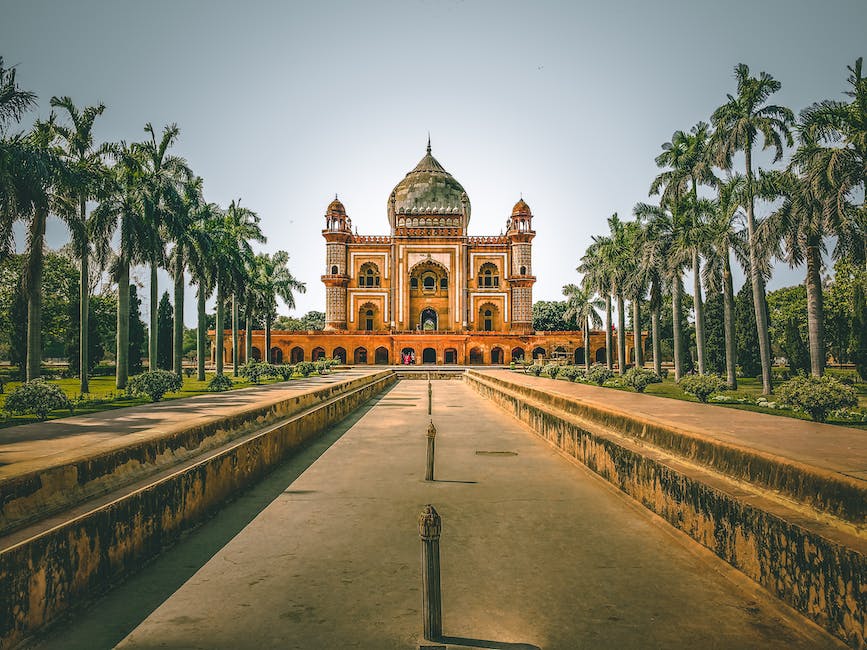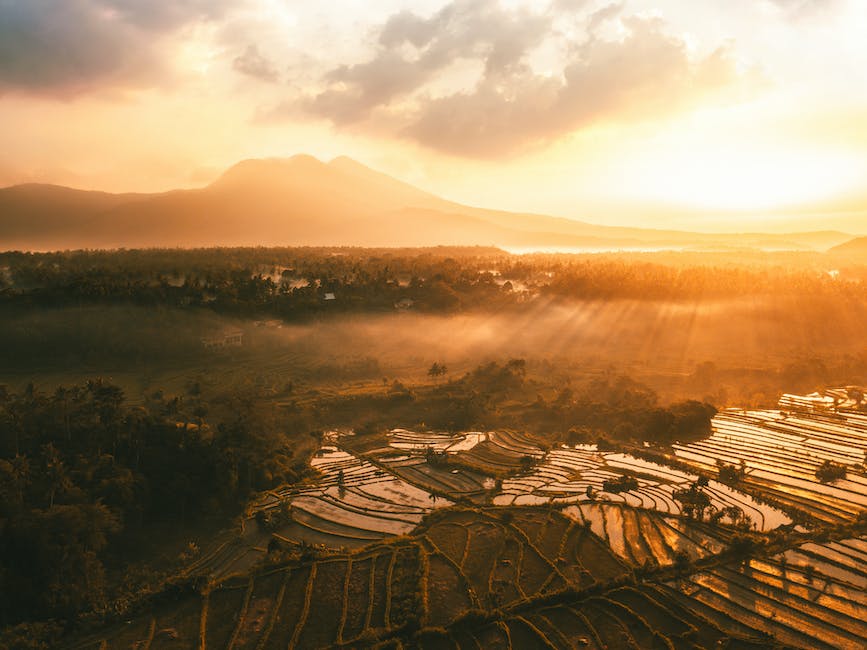Honduras – the unexpected coffee country


“Honduras, where coffee beans thrive and create unexpected taste sensations, is a country that demonstrates the strength of its soil and love for its coffee.”
Honduras – an introduction to the unexpected coffee country
It’s not exactly common to think of Honduras when talking about coffee. But this small Central American country has a fascinating history and an unexpected role in coffee. Let’s take a closer look at what makes Honduras so unique when it comes to coffee.
The fascination of Honduran coffee
Honduras has long been a relatively unknown player in the coffee market, but in recent years it has started to build a reputation as a producer of high-quality coffee. The fascinating thing about Honduran coffee is its complex flavors and aromas, which can range from sweet and nutty to floral and fruity. The varied soil and optimal climate of Honduras create perfect conditions for the growth and development of coffee beans.
Why is Honduras unexpected in the context of coffee?
What makes Honduras unexpected is that it is overshadowed by other well-known coffee-producing countries in Central and South America, such as Colombia and Brazil. But despite its relatively low profile, Honduras has actually become one of the world’s largest producers of coffee. Its extensive coffee industry has a significant impact on the country’s economy and employment. So while it may be unexpected to think of Honduras as a coffee country, its importance in the coffee world should not be underestimated.
Honduras location and climate: A perfect mix for coffee growing
Honduras is located in Central America and borders Nicaragua, Guatemala and El Salvador. Its geographical location and climate are crucial for coffee production in the country.
Honduras has a coastline facing the Caribbean Sea to the north and the Pacific Ocean to the south. Its mountainous landscape and volcanic soils provide ideal conditions for coffee growing. There are several coffee regions in the country, each with its own unique characteristics. The western and central regions of Honduras are particularly known for their coffee production.
The most famous quality coffee from Honduras is probably Marcala coffee.
The influence of climate on coffee farming in Honduras
Honduras has a subtropical climate with warm temperatures and high humidity. This climate favors coffee beans because they thrive in areas with consistent temperature and rainfall. The perfect mix of sun, rain and cooler nights gives the coffee beans good conditions to develop and give a rich taste.
The type of terrain and its benefits for Honduran coffee beans
Honduras’ terrain is hilly and has varying altitudes, providing the opportunity to grow coffee at different levels. This provides a greater diversity of flavors and elegant profiles for the Honduran coffee beans. The different microclimates and soil types allow farmers to produce coffee with different characters and unique characteristics.
The history of Honduran coffee
Coffee arrived in Honduras in the 18th century, and since then the country has developed a thriving coffee industry.
Coffee was first introduced in Honduras by Jesuit priests who used it to grow their own gardens. During the 19th century, coffee growing in the country grew and became a significant part of its economy.
Development of the coffee industry in Honduras
In the 20th century, Honduras started exporting large quantities of coffee to different parts of the world. The country became known for its high-quality Arabica coffee and became an important player in the international coffee market.
Modern advances and challenges in Honduran coffee farming
In modern times, Honduras has continued to invest in the coffee industry and has made significant progress in terms of quality and sustainability. But there are also challenges, such as climate change and combating coffee plant pests, that affect farmers and their crops.
The importance of coffee farming for the Honduran economy
Coffee growing is of great economic importance to Honduras, and the country is a major exporter of coffee to the world market.
Coffee is one of Honduras’ main exports and plays a significant role in the country’s economy. It provides income and opportunities to many farmers and workers in the coffee industry.
The coffee industry provides employment for thousands of people in Honduras. Farmers, workers and other professionals depend on coffee farming for their income.
Economic challenges for coffee farmers in Honduras
Despite the importance of the coffee industry for the country, Honduran coffee farmers also face economic challenges. Price fluctuations on the world market and high production costs can affect their profitability.
Coffee varieties and production in Honduras
Honduras produces different types of coffee, including arabica and robusta. However, Arabica coffee accounts for the vast majority of production and is known for its high quality and rich flavors.
Discover Honduras through its coffee culture
A large part of Honduran identity and culture is linked to coffee. To experience the coffee culture of the country is to gain an insight into its rich history and traditions.
Traditional coffee culture in Honduras
Honduran coffee lovers enjoy their coffee in everything from simple coffee shops to the homes of friends and family. Coffee is more than just a drink, it is a social activity where people gather to talk and socialize.
Visiting a Honduran coffee farmer
For those interested in learning more about coffee cultivation and production in Honduras, there is the possibility to visit a coffee plantation. These guided tours provide insight into the growing process and allow visitors to sample freshly brewed coffee straight from the source.
How to best enjoy a Honduran coffee
To get the best out of a Honduran coffee, it is important to brew it properly. To preserve the complex flavors and aromas, it is best to use freshly roasted and ground coffee beans and a method that brings out the unique characteristics of the coffee, such as pour-over.
Honduras: more than just the unexpected coffee country
Coffee is just one part of what Honduras has to offer. It also has a rich history, a fascinating culture and stunning nature.
Other cultural and geographical features of Honduras
Honduras has a variety of cultural and geographical features that make it an exciting destination to explore. From Mayan ruins to picturesque beaches and national parks, there’s something for everyone.
Honduras’ rich cultural life
The country has a vibrant cultural scene with traditional festivals, dance and music. Experiencing Honduran culture can provide a deeper understanding of the country’s history and people.
The unexpected beauty of Honduran life
There is a great charm in everyday life in Honduras. From friendly people to a relaxed lifestyle and beautiful nature, one can discover the unexpected beauty of this amazing country.

FAQ – Honduras – the unexpected coffee country
What makes Honduran coffee so fascinating?
Honduran coffee is fascinating because of its complex flavors and aromas, which range from sweet and nutty to floral and fruity. This is due to the varied soil and optimal climate in Honduras, which creates perfect conditions for the growth and development of coffee beans.
Why is Honduras unexpected as a coffee country?
Honduras is unexpected as a coffee country because it is overshadowed by other well-known coffee producers in Central and South America, such as Colombia and Brazil. Despite its relatively low profile, Honduras has become one of the world’s largest producers of coffee and its coffee industry has a significant impact on the country’s economy and employment.
How does climate change affect coffee farming in Honduras?
Honduras has a subtropical climate with warm temperatures and high humidity, which favors coffee beans as they thrive in areas with consistent temperature and rainfall. The perfect mix of sun, rain and cooler nights gives the coffee beans the right conditions to develop and produce a rich flavor.
What are the advantages of the Honduran terrain for coffee beans?
Honduras’ terrain is hilly and has varying altitudes, providing the opportunity to grow coffee at different levels. This leads to a greater diversity of flavors and elegant profiles for the Honduran coffee beans. The different microclimates and soil types allow farmers to produce coffee with different characters and unique characteristics.
How important is coffee farming to the Honduran economy?
Coffee growing is of great economic importance to Honduras as it is one of the country’s main exports. It provides income and employment to many farmers and workers in the coffee industry. However, Honduran coffee farmers also face economic challenges due to price fluctuations on the world market and high production costs.

Photo by Anghelo Estrada Fú on Pexels
Photo by Ron Hopper on Pexels
Photo by aboodi vesakaran on Pexels































































































